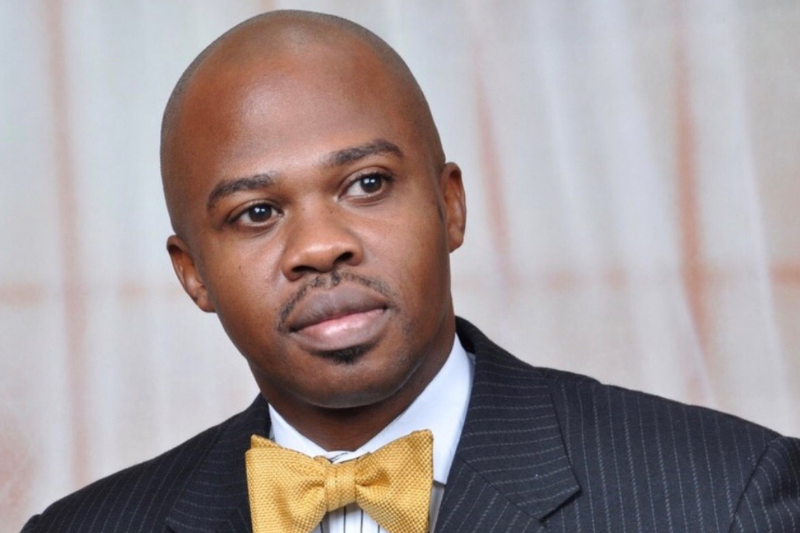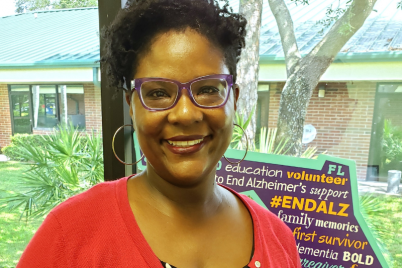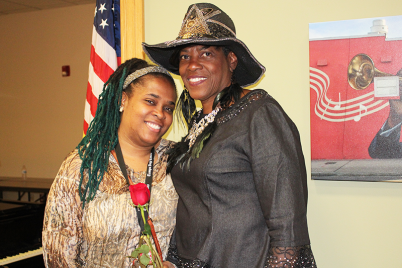Richardo Bain, Suncoast Hospice Spiritual care coordinator
By Karen Davis-Pritchett, Empath Health Vice President of Access & Inclusion
PINELLAS COUNTY — The care of the body, mind, and spirit are essential facets of wellbeing at every stage of life. Doctors and nurses see to physical ailments while counselors support emotional health. Pastors tend to spiritual care. The end of life is perhaps the most pivotal milestone for these parts to work together.
Suncoast Hospice, a member of Empath Health, recognizes the critical role clergy play in the lives of our patients. Whether someone is feeling uncertain about the next step on their path or ready for the transition, having someone there to discuss matters of the spirit can be a reassuring resource for patients and their families.
As we celebrate Pastoral Care Month, we offer heartfelt thanks and appreciation to the many churches and spiritual leaders we partner with. We also want to recognize the work of spiritual care professionals such as Ricardo Bain, D. Min, BCC., Suncoast Hospice spiritual care coordinator.
As a pastor at Elim Seventh-day Adventist Church in St. Peterburg, Bain watched as members of his congregation faced the unique issues that came at the end of life and recognized the necessity of a spiritual leader who could relate to these challenges. He took it upon himself to become a more well-rounded servant of the Lord and went back to school to become a board-certified chaplain. Now he provides care for the soul both in church and at the bedside as a spiritual care coordinator.
“Spiritual care coordinators are like hitchhikers,” explained Bain. “A hitchhiker doesn’t drive the car. They are going along for the ride. We are meeting patients where they are, whatever their faith is. We work with them to find inner peace along their journey.”
Hospice care focuses on managing symptoms, including addressing emotional and spiritual factors to improve quality of life. Spiritual care coordinators play a crucial role in tying these areas of care together as they guide patients to the next destination on their journey.
They are not meant to take the place of the patient’s faith leader but offer another layer of support. However, it is not uncommon for patients to refuse these services before they fully understand the benefits.
Bain recalls one patient who vehemently refused to speak with him initially, to the point of demanding he leaves their home. Several months later, an unexpected change of heart brought him back to her bedside. The once reluctant patient was now ready for the conversation. Through an open discussion of spirituality and prayer, they were able to form a connection so strong she asked him to perform her funeral service. Because of the support and comfort provided by Bain, she passed peacefully surrounded by her children.
Spiritual care coordinators offer the same level of support to everyone who works within the hospice care journey — both loved ones and interdisciplinary care team members. Offering words of counsel, hope and support to those who provide care can help keep the patient at the heart of the matter.
“It’s my privilege to walk with people along the most important journey toward the end of their earthly experience,” Bain averred.
Learn more about how Suncoast Hospice provides compassionate care for the body, mind and spirit at SuncoastHospice.org.









